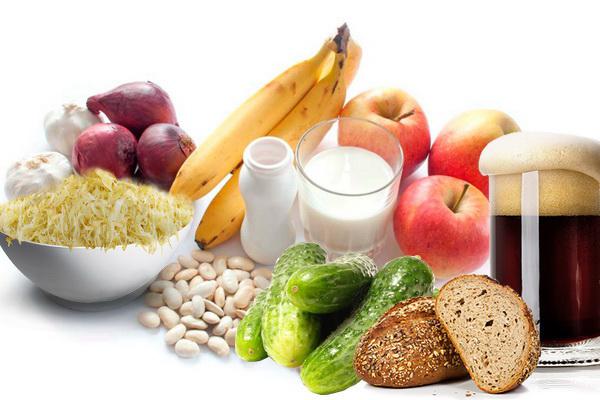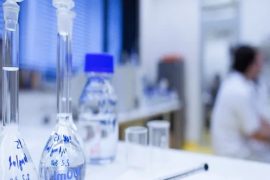Зміст
We usually remember probiotics during antibiotic therapy. Then we use special products that restore the intestinal bacterial flora. Meanwhile, the natural probiotics found in some foods have a beneficial effect on our health, and we should use them as often as possible. They are especially recommended for people with digestive problems, allergies and weakened immunity. They even help fight atopic dermatitis and are anti-cancer. Check which foods are natural probiotics.
What are probiotics, and how do they affect health?
Probiotics are good bacteria that naturally occur in the intestines. However, for various reasons, there may be too few of them in our body (including during antibiotic therapy or due to various disorders). It is worth supplementing them in your daily diet, because they show many useful properties. Not without reason, many doctors emphasize that our health depends on the proper functioning of the intestines. The good bacteria found in them fight the bad ones and stimulate the immune system to fight against pathogens, which protects against infections. They also regulate the absorption of fats, glucose and cholesterol from the digestive system. Probiotics are also indispensable in the treatment of diseases of the digestive system and digestive system – they prevent flatulence and constipation, significantly reduce the time of diarrhea and restore the intestinal mucosa. They help with treating irritable bowel syndrome,
Who are probiotics especially recommended for?
Probiotics (also in drugs) should be used during antibiotic therapy. They are also especially recommended for all people with digestive and digestive problems. They eliminate the symptoms of allergic diseases, including atopic dermatitis. Probiotics should be used for people with weakened immune systems, struggling with recurrent infections of the upper respiratory tract and urinary tract, as well as subject to constant stress. Doctors and nutritionists recommend natural probiotics during diets with a low content and in case of an unhealthy lifestyle – eating foods with a high degree of processing, alcohol and cigarette smoking. They are indicated for taking hormonal contraceptives. Probiotics also regulate cholesterol and can be used to prevent cardiovascular disease and obesity. Some of them also have anti-cancer properties. What foods contain the most beneficial bacteria?
Sauerkraut
Milk fermentation processes take place in sauerkraut, which makes it a rich source of probiotics. Unfortunately, cabbage, available in stores, contains vinegar, which destroys beneficial bacteria (similar to heat treatment). That is why it is so important to prepare silage at home and eat it raw. In sauerkraut, we also find a large amount of vitamins C, B12, B6 and PP.
Tea mushroom
To make a drink, just add it to tea with sugar and then set aside for a few days. Kombucha is an excellent probiotic – it supports the intestines and strengthens the immune system. The substances contained in the drink also accelerate the metabolism and have a beneficial effect on the functioning of the pancreas and liver.
Beetroot Ferment
Beetroot leaven is by definition called the “elixir of life”, it contains many biotic bacteria, as well as valuable vitamins and minerals. Due to this, its consumption improves bowel function, strengthens the immune system and blood formation. Fermentation is especially recommended for weakness, recovery and beneficial effects on pregnant and lactating women.
Pickled cucumbers
Home-pickled cucumbers are a natural remedy for inflammatory bowel diseases and stomach ulcers. During etching, lactic acid bacteria grow in them, and the cucumbers themselves are “enriched” with large amounts of B vitamins, which are great for the nervous system.
Kvass
This traditional drink has been somewhat forgotten. It is a pity – it quenches thirst well and is an excellent source of probiotics. Eating regularly improves digestion, and strengthens the immune system. To cook it, you will need a kilogram of whole meal bread dough. It should be added to boiled water (8 liters) and put aside daily. After this time, the solution should be enriched with a teaspoon of yeast, juice of 3 lemons and 0.5 kg of sugar. After another day, the liquid must be filtered and bottled, adding a little raisin. When they surface, the acid is suitable for consumption.








